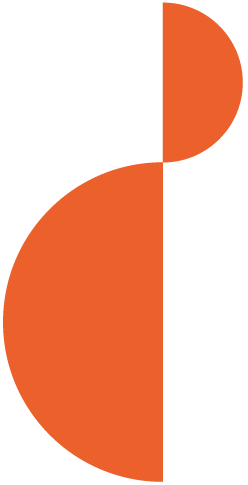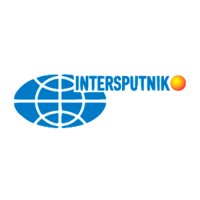Therefore, rules and procedures in the communications industry are undergoing rapid changes brought into play by technological developments in the global Telecom sector and market trends. Striving to provide an adequate response to such developments, key players in the global telecommunications industry are actively participating in the work of the International Telecommunication Union (ITU), the world’s main telecommunications regulator.
International Telecommunication Union is the United Nations specialized agency for information and communication technologies (ICTs). The ITU has three main areas of activity focused in three Sectors. Telecommunication Standardization Sector (ITU-T) develops and provides standards that ensure the interoperability of ICTs and global communications networks. From 2 up to 300 global ITU-T standards are released each year, and more than 4,000 of those already released are in use today. The Telecommunication Development Sector (ITU-D) is working to ensure that all humankind can use and benefit from ICT development. ITU-D projects aim to bridge the digital divide between developed and developing countries. The Radiocommunication Sector (ITU-R) is responsible for global management of radio-frequency spectrum and satellite orbits. The stated mission of the ITU-R aims to ensure the rational, equitable, efficient and economical use of the radio-frequency spectrum by all radiocommunication services.
Intersputnik, acting as an intergovernmental organisation on behalf of its Members and Signatories, is continuously filing to ITU frequency assignments, subsequently performing international frequency coordination and notification of frequency assignments to the satellite networks of the Organization. To bring this interaction to a higher level, Intersputnik takes part in key ITU events related to radio-frequency regulations. One of such events was the thirtieth ITU World Radiocommunication Seminar 2022 (WRS-22) held in Geneva, Switzerland, from 24 to 28 October 2022. A total of 427 participants from 92 countries attended the event. WRS-22 discussed practical aspects of applying the provisions of the ITU Radio Regulations in the current environment.
World Radiocommunication Seminar
The Seminars are held every two years and are attended by representatives of telecommunication administrations, international organisations and staff members of the ITU Radiocommunication Bureau. Participants in the Seminars have an opportunity to keep up to date with the knowledge and applied skills required for work with ITU, including the use of software developed by the ITU Radiocommunication Bureau.
The Seminar covered topics related to spectrum management at global, regional and national levels. The provisions of the ITU Radio Regulations as well as the frequency allocation and filing process for new frequency assignments were explained to seminar participants. This part of the Seminar was of particular importance for Intersputnik, as the Organization traditionally operates along entire GEO arc and this requires a deep knowledge of the current regulatory agenda. In addition, Intersputnik provides support for national satellite projects for the benefit of Member States, which requires an assessment of the national regulatory agenda, whether it meets the current global standards adopted by the industry.
During the practical part of the ITU Seminar, Intersputnik employees have learned how to work with the updated software. Among the software developed by the ITU, the most important was the first pilot version of ITU's new web application SpaceExplorer designed to enhance the ability to study the orbital and radio characteristics of satellite systems and to publish data related to space services. The knowledge and skills gained with the new ITU software allow Intersputnik technical staff to organise the process of generating and further processing of frequency filings in accordance with the latest requirements of the international regulator.
WRS-22 provided an overview of ground-based and space-based services as well as the regulatory framework governing them. Special emphasis was made on the forthcoming World Radiocommunication Conference 2023 (WRC-23), in particular on frequency spectrum allocation for the operation of new communication services.
The Network of Women for WRC-23 (NOW4WRC23), an ITU mentoring programme, aiming to promote the principles of gender equality at WRC-23 and to empower women and girls through ICTs was also presented at the Seminar.
Interaction Between Intersputnik and ITU Staff
Intersputnik's experts are constantly in contact with their peers from the ITU and therefore they have a wealth of knowledge of the cutting-edge techniques and tools for international satellite network regulation and coordination. This is largely because working in partnership with international organisations, commercial companies and telecommunications administrations around the world requires the appropriate expertise and the application of an up-to-date legal and regulatory agenda. As far as practical skills are concerned, in their daily activities Intersputnik specialists use the full range of software developed by the ITU for space related services.
Keeping abreast of the latest regulatory developments and being able to use all ITU tools allows Intersputnik, on behalf of the Organization and for the benefit of its Members and Signatories, to file and coordinate new frequency assignments, which are further used in joint satellite projects in different regions worldwide.
 Operations Committee
Operations Committee
